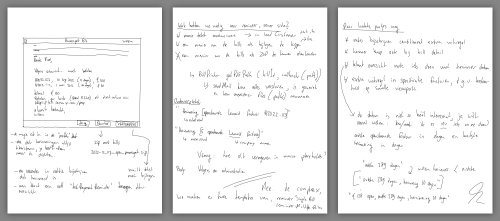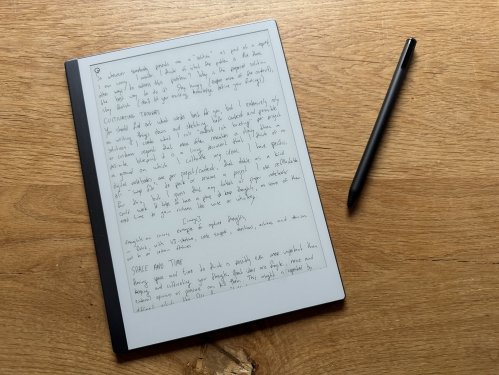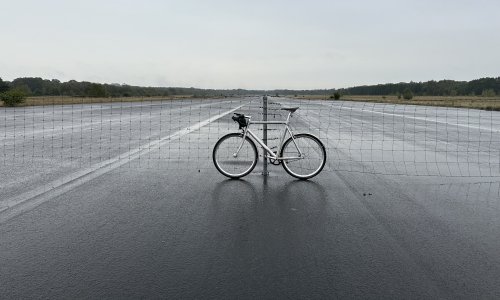No, I Won't Build That!
Better Thinking, Better Work
If you're an accomplished developer (as in: you've actually created things in the past), you may recognise this scenario: people reaching out to you, asking you to build something specific. "Can you build X for me?" A fellow technician once urged me to refuse more often: be proud of the things you don't do! Let me explain in this post.
Wishes and Dreams
“If I had asked people what they wanted, they would have said faster horses”, is a punchy quote often attributed to Henry Ford, the famous automaker. Yet, it illustrates an essential thought that I believe a great builder must address: is the proposed or requested thing really what I should be making?
“People don't know what they want until you show it to them”, Steve Jobs remarked, building upon Ford's faster horses concept, and adding, “Our task is to read things that are not yet on the page”. It's a principle that, I think, distinguishes those who merely fulfil wishes from those who create dreams.
So, whenever somebody presents me with a 'solution' as part of a request, I am wary. I wonder. I think about what the problem is. Are there other ways to address this problem? Why is the proposed solution the best way to do it? Stay hungry (explore more of the context), stay foolish (don't let your existing knowledge define your findings).
Cultivating Thoughts
You should find out what works best for you, but I extensively rely on writing things down and sketching both context and possible solutions. I create what I call 'context-rich briefings' that more often resemble a diary rather than a definite blueprint: It's a living document that I think of as ground on which I cultivate my ideas. I have specific digital notebooks, one per project/context, that double as a kind of 'swap file' to park or resume a project. I use reMarkable for this, but I guess that any tablet or paper notebook could work. It helps to have a place to keep thoughts, as some of them need time to gain richness like wine or whiskey.


Space and Time
Having space and time to think is possibly even more important than keeping and cultivating thoughts. Great ideas are fragile; noise and external opinions or pressure can kill them. This insight is echoed by different artists, like Pablo Picasso: "Without great solitude, no serious work is possible," or Bob Dylan: "To be creative you've got to be unsociable and tight-assed." Henrik Karlsson describes these aphorisms as a state of mind where the opinion of others doesn't bother the creators and where they reach a heightened sensitivity for the larval ideas and vague questions that arise within them.
I address this both physically and mentally. I love waking up early, at 4:55 am before anybody can interrupt me. I like locking myself up in our attic, my private office, or recently, in virtual reality using Vision Pro. I try to engage in little to no social media, avoid impromptu phone and video calls, and only passively take part in chat apps. I consider my smartphone a necessary evil with a strictly selective policy on notifications. Instead of following the news or endlessly scrolling through algorithmically populated content feeds, I prefer slow media like books or an article or blog post recommended to me by fellow humans. I keep a reading list of things I'll check out later. But most of all, I cultivate boredom: sometimes, doing nothing is the fastest route to great results. Alternatives to my office and attic are my bicycle and running shoes.

Conclusion
While doing not as asked might seem unfriendly, you're ultimately doing others a favour by actually caring about the results instead of 'being busy' with arbitrary specifications, shallow opinions, or made-up deadlines. You and your customer deserve it: go the extra mile and deliver something better.
Did you enjoy this post?
If you found this content useful,
consider showing your appreciation
by buying me a coffee ❤️😋:






